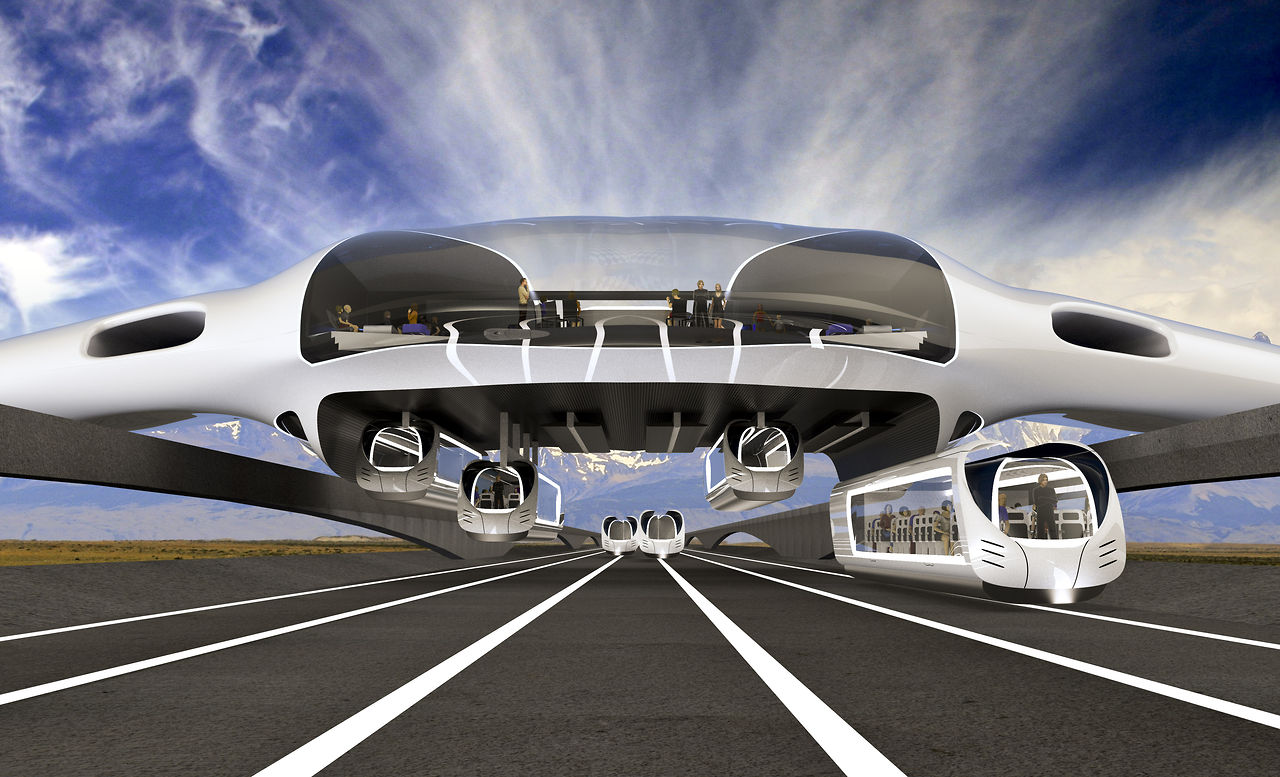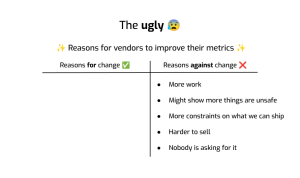The Future of Dating Apps in the Metaverse presents an intriguing exploration of how virtual environments are transforming romantic interactions. As technology continues to advance, the metaverse emerges as a dynamic space where dating platforms can offer immersive experiences that transcend physical limitations. Users are no longer confined to geographical barriers, allowing for a broader spectrum of potential connections and interactions.
This evolution in dating apps signifies a shift toward a more interactive and engaging approach to finding love and companionship. By integrating virtual reality and augmented reality features, these platforms are likely to create environments where users can meet, socialize, and establish emotional connections in ways that traditional dating apps have not been able to achieve. As we delve deeper into this topic, we will examine the implications of these developments for users and the dating industry as a whole.
Artificial Intelligence (AI) has rapidly evolved from a theoretical concept to an integral part of our daily lives. As we navigate through the complexities of the 21st century, AI is not just a technological advancement; it is a transformative force impacting various sectors including healthcare, finance, education, and transportation. This article seeks to explore the multifaceted role of AI in modern society, its implications, and the ethical considerations that accompany its implementation.
Understanding Artificial Intelligence
At its core, Artificial Intelligence refers to the simulation of human intelligence processes by machines, particularly computer systems. These processes include learning (the acquisition of information and rules for using it), reasoning (using rules to reach approximate or definite conclusions), and self-correction. The primary goal of AI is to create systems that can perform tasks that typically require human intelligence, such as visual perception, speech recognition, decision-making, and language translation.
AI can be categorized into two primary types: Narrow AI and General AI. Narrow AI is designed and trained for specific tasks, such as facial recognition or internet search algorithms, whereas General AI would possess the ability to understand, learn, and apply intelligence broadly, similar to a human being. As of now, we have primarily witnessed the development of Narrow AI, which is evident in everyday applications like virtual assistants (e.g., Siri, Alexa), recommendation systems (e.g., Netflix, Amazon), and autonomous vehicles.
AI in Healthcare
The healthcare industry is one of the most significant beneficiaries of AI technologies. AI applications are enhancing patient care, streamlining processes, and improving diagnostic accuracy. For instance, machine learning algorithms analyze vast datasets to identify patterns and predict health outcomes, thereby facilitating early diagnosis of diseases such as cancer. In addition, AI-driven tools can assist in developing personalized treatment plans based on individual patient data, which increases the efficiency of healthcare delivery.
Moreover, AI-powered robots are being utilized in surgical procedures, where precision and minimally invasive techniques can lead to faster recovery times. These robots not only enhance the surgeon’s capabilities but also reduce human error, which is a critical factor in medical procedures. Furthermore, AI systems can manage patient records and streamline administrative tasks, allowing healthcare professionals to focus more on direct patient care.
AI in Finance
The financial sector has also seen significant changes due to the integration of AI technologies. Algorithms are now employed to analyze market trends, assess risks, and automate trading processes. AI systems can process enormous amounts of data in real time, enabling financial institutions to make informed decisions quickly. This capability is vital in high-frequency trading where milliseconds can determine profitability.

Additionally, AI enhances fraud detection and risk management. Machine learning models can detect unusual transaction patterns and alert financial institutions to potential fraudulent activities, thereby protecting consumers and organizations alike. Customer service in finance has also been revolutionized through AI chatbots, which provide assistance to clients at any time, ensuring that customers receive timely responses to their inquiries.
AI in Education: The Future Of Dating Apps In The Metaverse
In the educational realm, AI is reshaping traditional learning environments. Intelligent tutoring systems, which adapt to the learning pace and style of individual students, are becoming increasingly prevalent. These systems utilize data analytics to deliver personalized learning experiences, ensuring that all students can grasp complex subjects effectively.
Furthermore, AI is facilitating administrative tasks for educators, including grading and scheduling, thereby allowing teachers to dedicate more time to student interaction and engagement. Language processing applications, powered by AI, are also bridging communication gaps for students learning new languages, enhancing their learning experience through interactive and immersive methods.
AI in Transportation
The transportation sector is on the brink of a revolution thanks to AI technologies. Autonomous vehicles, which are designed to navigate without human input, promise to reduce traffic accidents, enhance mobility for disabled individuals, and optimize traffic flow in urban areas. Companies like Tesla and Waymo are at the forefront of this innovation, developing vehicles that utilize AI to interpret sensory data, make real-time decisions, and learn from driving experiences.
Moreover, AI algorithms are being used in logistics and supply chain management to predict delivery times, optimize routes, and manage inventory effectively. This results in significant cost savings and improved efficiency for businesses that rely heavily on transportation and logistics. Additionally, smart traffic management systems utilize AI to analyze traffic patterns, thereby reducing congestion and enhancing urban mobility.
Ethical Considerations of AI
As AI continues to permeate various aspects of society, it raises critical ethical questions that must be addressed. One of the foremost concerns is the issue of privacy. With the increasing amount of data collected by AI systems, there is a growing fear of surveillance and the potential misuse of personal information. Ensuring data security and protecting individual privacy rights are essential in maintaining public trust in AI technologies.
Another ethical consideration is the potential for bias in AI algorithms. If the data used to train AI systems is biased, the outcomes can perpetuate discrimination and inequality. It is crucial for developers to ensure that AI systems are trained on diverse datasets and continuously monitored for fairness and transparency.
Moreover, the impact of AI on employment cannot be overlooked. While AI has the potential to create new job opportunities, it also poses a risk of job displacement for roles that can be automated. Policymakers must work to develop strategies for workforce transition, including retraining programs and educational initiatives to prepare workers for the changing job landscape.
The Future of AI
Looking ahead, the potential applications of AI are boundless. With ongoing advancements in machine learning and neural networks, we can expect AI to become even more integrated into our daily lives. Future developments may lead to General AI, which presents both exciting possibilities and formidable challenges. As AI systems grow more sophisticated, the need for robust ethical frameworks and regulatory measures will be essential in navigating the complexities of this technology.
In conclusion, Artificial Intelligence is reshaping modern society across various sectors, offering unprecedented benefits while also presenting significant ethical dilemmas. As we advance into an AI-driven future, it is imperative that we prioritize responsible innovation, ensuring that the technology serves humanity and enhances our quality of life. By addressing ethical considerations and fostering collaboration among stakeholders, we can harness the full potential of AI for a better tomorrow.






